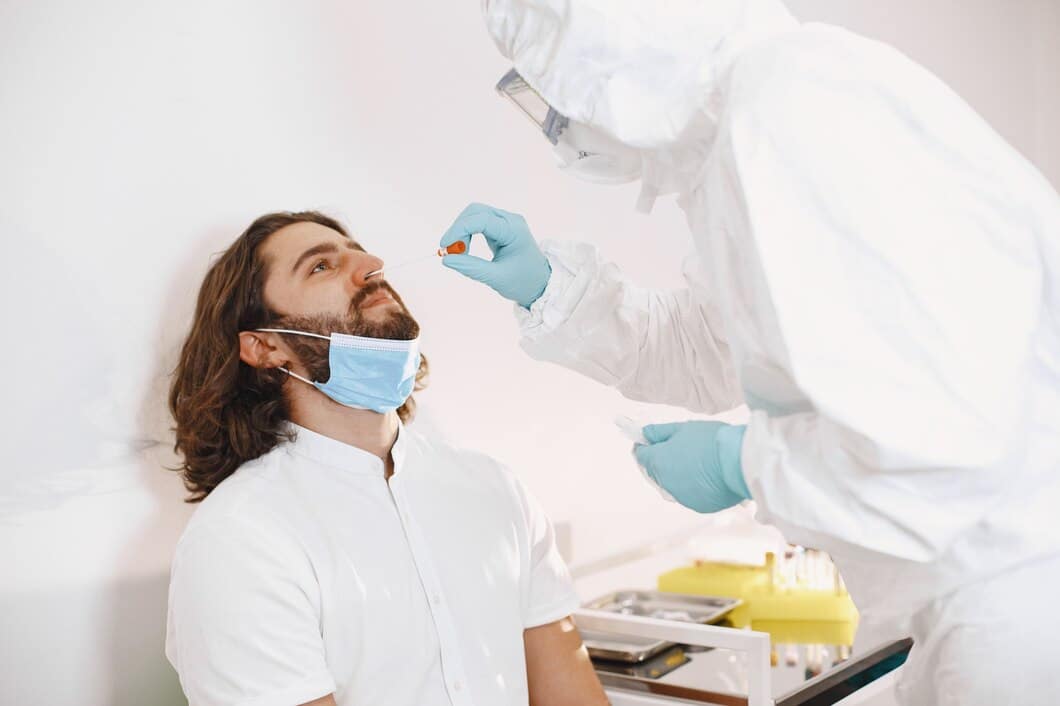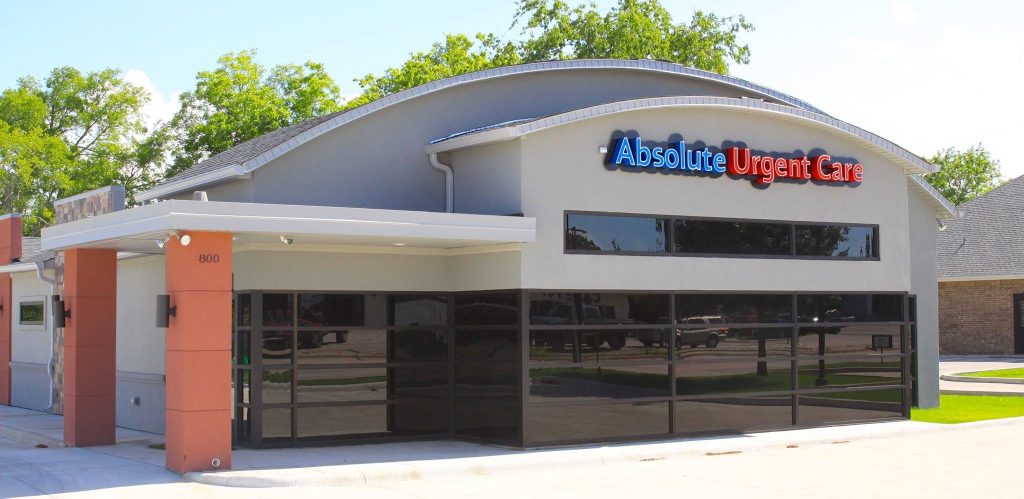How Direct Primary Care is Transforming Patient-Doctor Relationships
Recently, a new method of healthcare has come into play in the United States – Direct Primary Care (DPC), which fundamentally changes the relationship between doctors and patients. Unlike traditional fee-for-service models where patients pay their primary care physicians directly, most often not engaging health insurance companies, this move has major implications for both patients and providers.
What Is Direct Primary Care?
The idea of direct primary care can be compared to a subscription-based model whereby patients pay their primary care physicians or clinics on monthly or annual basis for unlimited access to various medical services such as preventive medicine, regular checkups and even some urgent visits with no copayment obligations. Instead of charging high fees for treatments on a per-service basis in volume-based approach, this system concentrates more on comprehensive individualized medical care that fosters closer relationships between doctors and clients.
Improving Access and Affordability
Another advantage of DPC is its focus on access and affordability. By avoiding insurance complications, straightforward pricing can be provided by DPC practices resulting in reduced overall costs for healthcare. This financial arrangement allows physicians to spend more time with each patient focusing on prevention not cure. On the part of healthcare users, they possess greater influence over their own medical decisions leading to better management of chronic disorders.
Personalizing Care; Enhancing Patient Satisfaction
Direct Primary Care enables clinicians to limit their panels so that there is sufficient appointment time instead of just going through it quickly; hence establishing trust upon doctor-patient alliance needed for improved health outcomes mutually important to them. Many people who are under DPC settings say that they do feel valued probably because they know that someone listens to what is going on around them thereby becoming compliant towards treatment protocols whose result is proactive health maintenance strategy.
Role Played by Technology in DPC
Many contemporary DPC practices have become increasingly reliant on technology not only to make it convenient but also efficient from both provider’s as well as customer’s point view. Some clinics have integrated telemedicine for virtual consultations, secure messaging platforms for direct communication and electronic health records (EHRs) to make documentation more streamlined. For instance, these innovations facilitate access to care in remote areas which are not adequately serviced but also allows patients to assume active role in the management of their own health.
Absoluteucare: Becoming the Future of Healthcare
Through its adoption of Direct Primary Care, Absoluteucare acknowledges it as the future of healthcare. By concentrating on patient-centered, relationship-based care, we intend to redefine what healthcare is. At Absoluteucare compassionate physicians always guarantee you high quality affordable healthcare with your best interests at heart. In our place you get a personalized approach towards your overall wellness while still having individual attention and companionship through all stages of a healthy life cycle.
Direct Primary Care thus signifies transformative model of health service delivery that lays emphasis on quality, accessibility as well as patient satisfaction. And this explains why DPC models such as that in practice at AbsoluteUcare are spearheading efforts aimed at creating stronger doctor-patient ties through innovative ways that result into enhanced outcomes and healthier tomorrow instead.






















